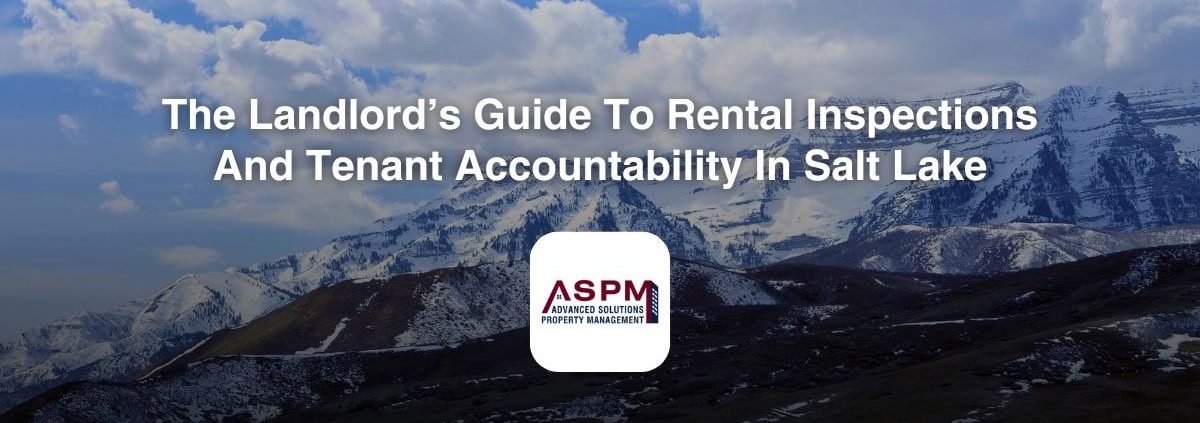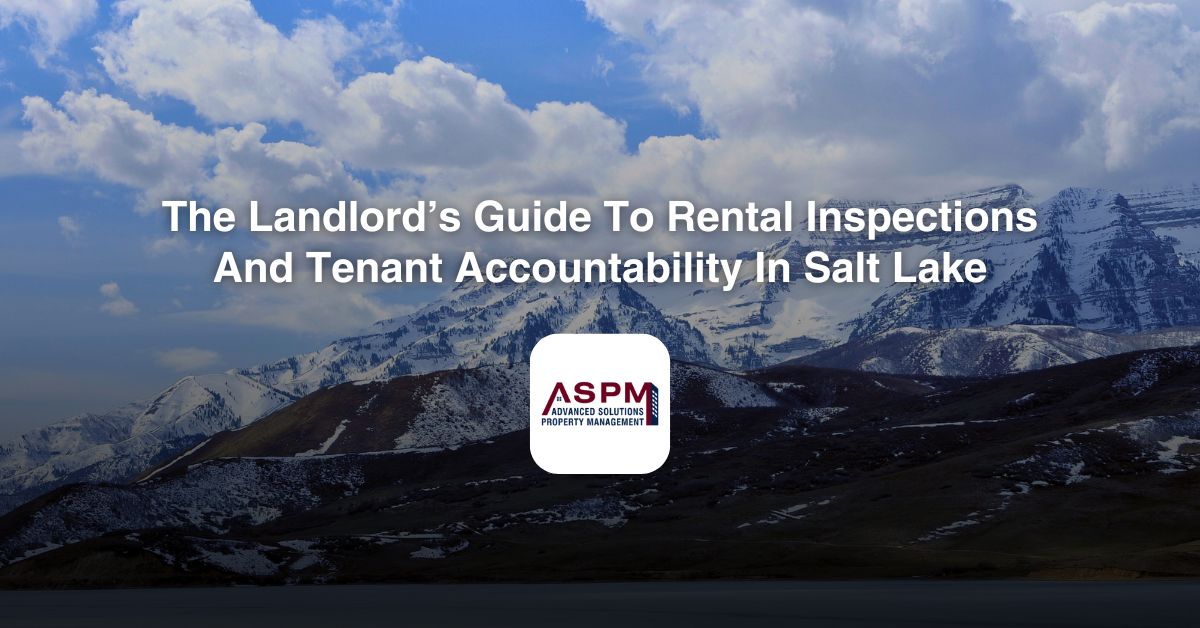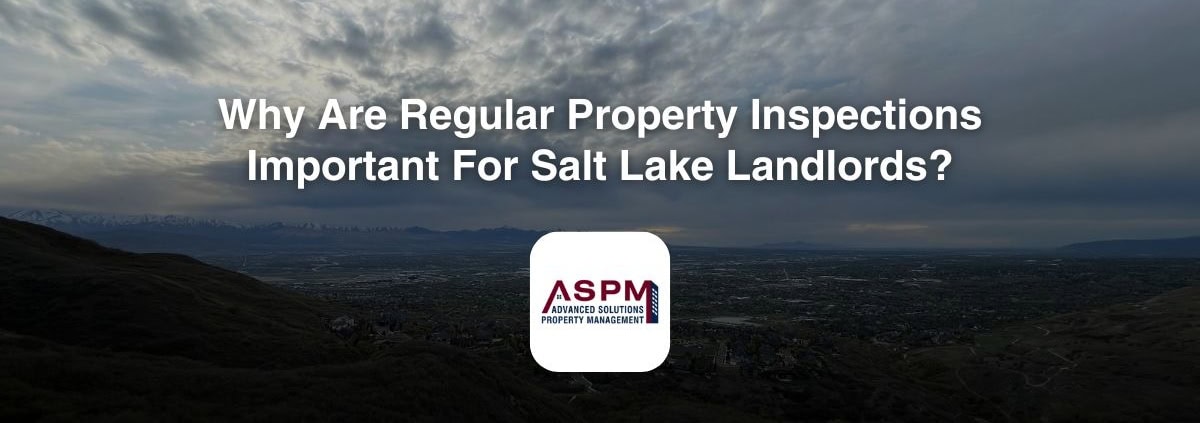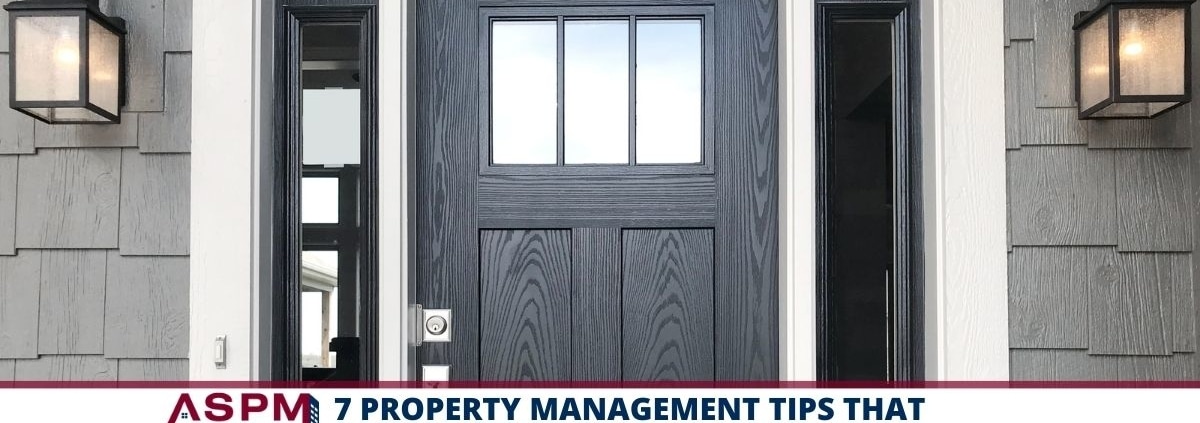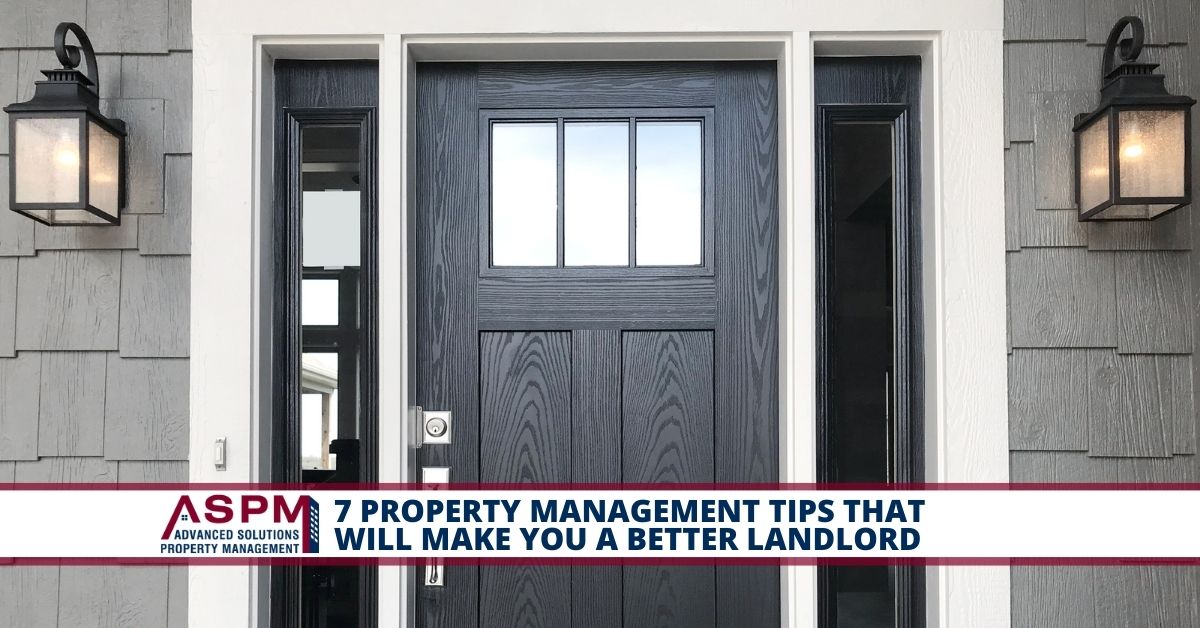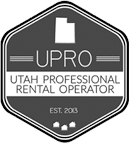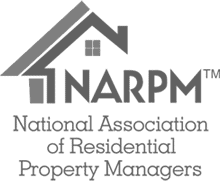The Fall season in Salt Lake is here, and as a landlord the fall months are a great time to take stock of your rental property. It’s also a good time of year to plan for upcoming winter weather and potential maintenance issues that might arise during the next few months.
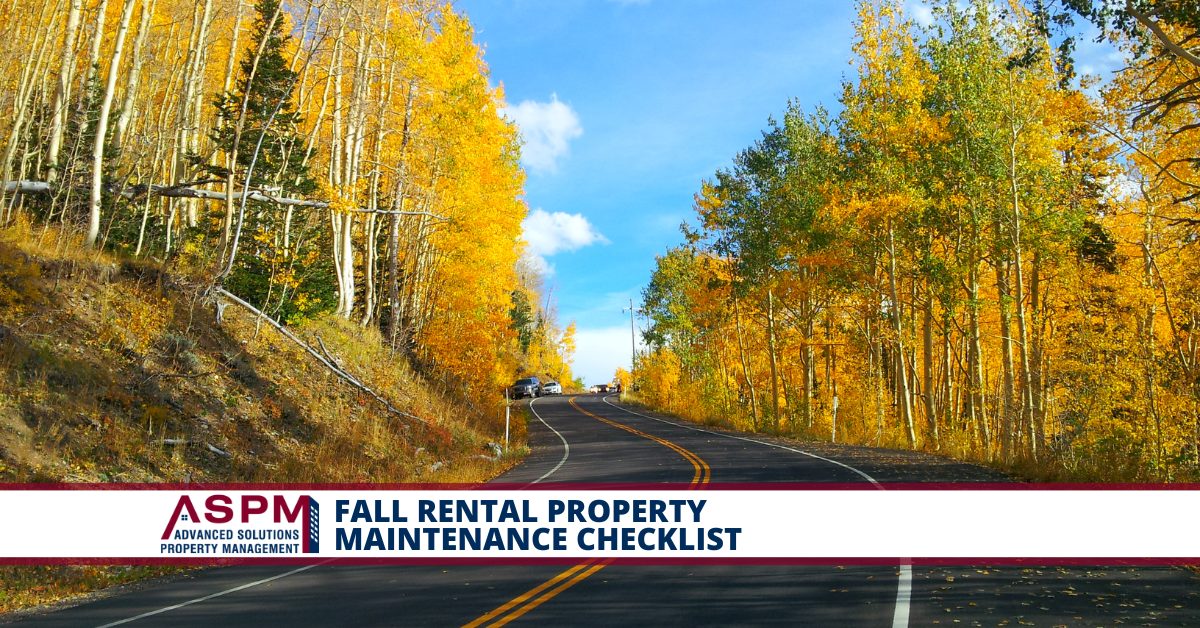
1. Prepare for the cold
Preparing for the colder seasons is an important part of your fall maintenance checklist. It’s also one of the most overlooked, but it can be quite costly if you don’t take care of things now.
Prevent pipes from freezing: Pipes are at their weakest if they freeze, so it’s important to prepare a few months ahead of time by wrapping them with foam pipe insulation or heat tape (if you’re using a hot water heat system).
Insulate exposed pipes: You should also insulate any exposed pipes in case they aren’t already insulated by the floors above them. If necessary, consider adding additional layers of protection like pipe wrap or heat tape around these vulnerable areas. Make sure HVAC systems are working properly: You’ll want to check that your HVAC systems are running efficiently before winter arrives because this will help keep heating costs down as much as possible during those cold months.
2. Protect your HVAC system
The last thing you want is for your HVAC system to fail in the middle of a cold winter. Make sure that it’s in good shape by checking and cleaning the filter every month, inspecting for damage, keeping the area around the unit free of debris (if there’s water pooled up anywhere near it, that can damage the unit), and checking for leaks.
3. Winterize your windows and doors
To ensure that your rentals are weather-tight and cosy, you should make sure that all windows and doors are insulated. Check for drafts around windows, at the base of doors, and anywhere else where there’s a gap between the door or window frame and the wall. If a draft is present, you can use caulk to seal it off; otherwise, consider installing weather stripping to keep out cold air in winter and hot air in summer. This can be done easily with a heat gun (useful for shrinking metal).
4. Inspect your roof for damage
As you walk along your property, take a look at the roof. If there are any missing shingles or signs of wear and tear, it’s important to have these repaired as soon as possible so that they don’t cause further damage to the structure or its inhabitants. If you see water damage on any part of your roof, call an experienced roofer immediately because this can lead to mold growth in other areas of the house.
5. Take care of your gutters and downspouts
Gutters are an important part of your home, because they catch water runoff from rain and snow. If these areas aren’t maintained regularly, it can cause issues later on by causing leaks in the ceiling or wall. To prevent this from happening, you’ll want to make sure that your gutters are clean every year before wintertime comes around again.
Downspouts should also be cleaned out regularly as well because they channel rainwater into pipes that lead away from your house. If there’s debris caught inside such as leaves or pine needles then this could clog up drainage pipes which will lead to flooding problems inside your home during storms when it rains heavily outside
6. Seal your open crawl spaces and attic
As the temperatures drop and winter approaches, you should make sure that your rental properties have been properly insulated. If there are any open crawl spaces or attics, they must be sealed with insulation to prevent moisture buildup and costly repairs. If your rental property has an attic, use a vapor barrier between the top of the space and its ceiling in order to prevent moisture from getting into any wood structures within it.
7. Inspect your landscaping
With the leaves falling, you may not feel like your yard is quite as green anymore. But if you have any dead or dying plants left in your landscaping, now is a good time to get rid of them. They won’t look great during the winter months, and can be unsightly to potential renters during springtime.
If you live in an area that gets snow and ice, make sure to keep an eye on your shrubs and trees as well—they’re even more susceptible to damage than lawns during this time of year! Your flowers will also need extra attention from now until springtime—spend some time mulching around their roots so they don’t dry out too much over winter months (and replace any bulbs or seeds that did not bloom).
8. Schedule a chimney inspection and sweep
One of the most important places to check is your chimney. This is because a chimney can be extremely dangerous if it doesn’t function properly, and it can also lead to serious health problems due to carbon monoxide poisoning. If you have a wood-burning fireplace or an oil-heated boiler, you need to make sure that the venting system is working smoothly by scheduling an annual inspection and sweep. This means that someone will go into your chimney and check for cracks in the flue tile or bricks, as well as damage caused by animals or birds nesting in there (this happens!). Also make sure that there aren’t any obstructions preventing proper airflow throughout this system; otherwise, it might not work properly!
9. Check smoke detectors, carbon monoxide alarms and fire extinguishers
We recommend testing the smoke detectors and carbon monoxide alarms every month. Test both with a smoke detector pen or other device, then change the batteries if they’re old (or mark them with tape as “out of service” if you don’t have any new ones). The CO alarm should be tested monthly by pressing the test button, then resetting it when you’re done.
Test your fire extinguishers by checking that they have not expired. If they have expired, replace them immediately!
As the fall season approaches and you start to think about regular maintenance on your rental property, it’s important to keep in mind that not all properties are the same. While some may require only a few simple tasks, others may need more extensive attention. The key is knowing what each step means so you can prioritize accordingly.
If this seems overwhelming, don’t worry! We’d love to talk with you about how to rent your property in Salt Lake.


